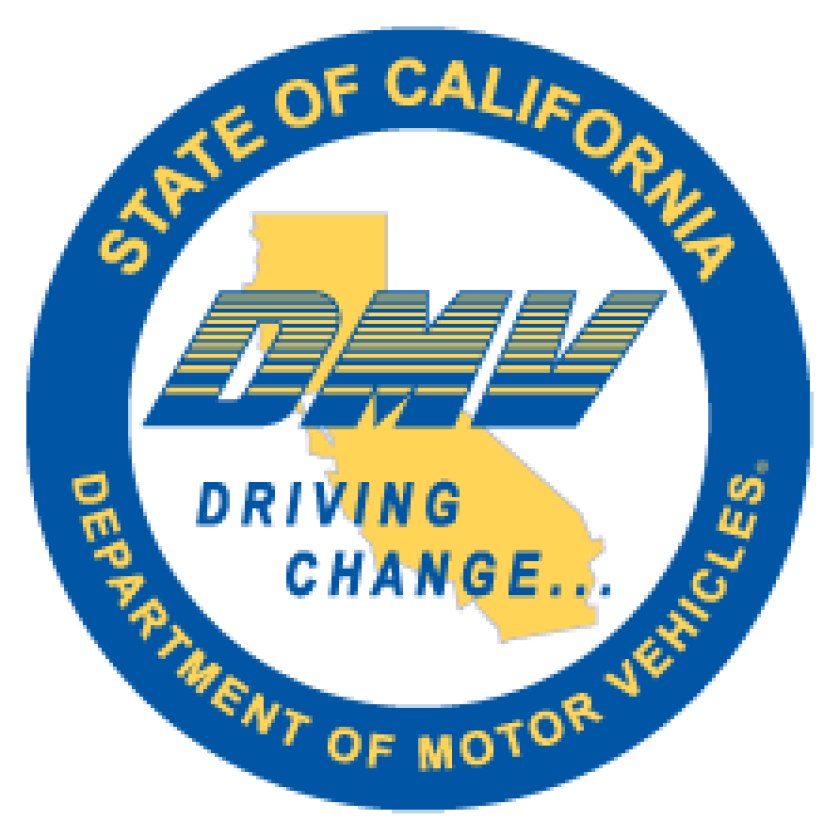
But at DMV Vendor Day 2020, which drew more than 400 attendees, and 342 representatives of more than 180 vendors last Wednesday, the tech sector had a few questions of its own. Here’s more on what vendors wanted to know, and what DMV officials discussed:
• After hearing about appointment strategies for field offices, vendors had several questions. One wanted to know whether residents can book appointments via cell; and if self-service is offered via a computer terminal at field offices. Yes, customers can book appointments using their cellphones, said Coleen Solomon, DMV deputy director for field operations. The department offers “some self-service tablets,” as well as kiosks for “a limited amount of transations – but no official computer or self-service station. That’s “definitely part of our future strategy,” said Digital Transformation Officer Ajay Gupta.
Another vendor asked about the technology stack – the subject of a longer conversation, Gupta said, offering a few details. DMV’s tech stack dates “anywhere from 40 years til now,” he said. Most of its master data is in legacy systems, he said, mentioning virtual storage access method (VSAM) files and “more formal Db2 relational databases” but noting it is still “in a delimited text format.” Newer technologies, however, utilize artificial intelligence, bots and the department’s service process.
A third question was whether resident who call the call center set appointments verbally with an agent or via automation. Solomon said that happens two ways – with technicians or entirely via interactive voice response (IVR).
A fourth attendee wondered how much time residents have to make their field office appointment if they leave to get coffee while they wait. Solomon said that depends on the office but they’re notified four to eight people ahead, depending on the size of the office, with the notification at larger offices going out eight people ahead. That’s roughly 18 to 22 minutes ahead.
• After hearing about managing and optimizing call center workloads, a vendor wanted to know whether officials had considered routing higher-tiered calls to higher-tiered, skilled employee to resolve issues faster? The answer was yes; an official indicated a DMV support team is now getting that training.
Another participant wondered if the agency was interested in utilizing “the power of an intelligent AI-based virtual chat solution” to reduce wait time and drive productivity by answering customer queries intelligently. The answer was absolutely. DMV – which handled 2.9 million calls in August, with about 73 percent answered via IVR – currently has a virtual assistant on its 800-line for FAQs, but it’s opt-in, a representative said.
A third attendee wondered what DMV’s current contact center solution is and whether it has workforce optimization. The answer was yes again; the department is using a Verizon solution and it has a new workforce management solution from NICE inContact.
Another attendee asked how long call center agents were given for breaks as they answered around 800,000 calls in August with an average wait time of 2 hours, 23 minutes. Breaks are governed by labor contract and agents receive standard 15-minute breaks as well as a lunch break – with an additional 5 minutes after responding to calls for 1 hour without interruption.
• Did you miss DMV’s second-ever vendor day? Find a a recording of the event here and a link to the online application here. (The password to access the recording is found here.) Applications are due by 11:59 p.m. Sept. 25. If you attended the event and have a question, here’s a link to submit post-session questions.







